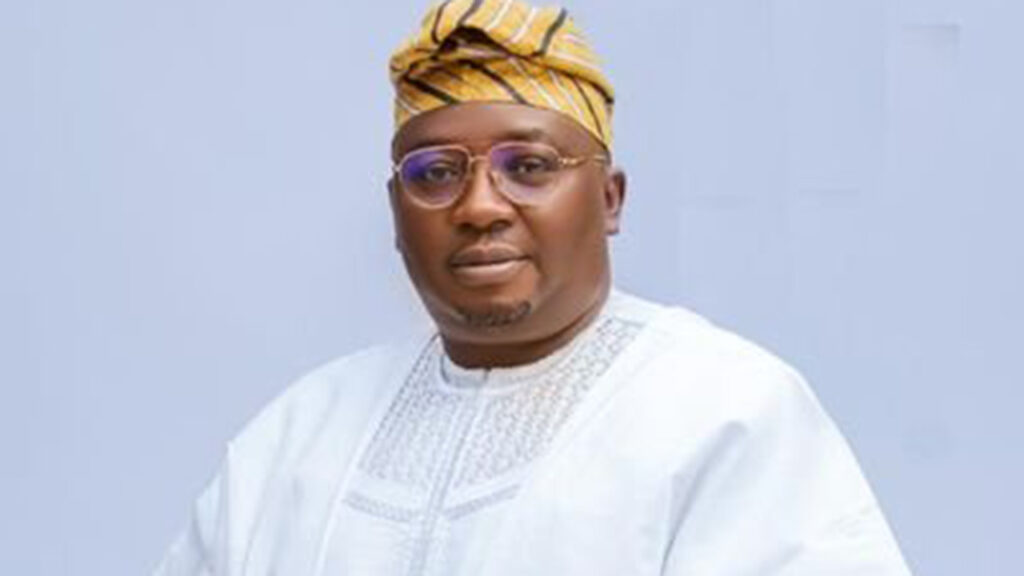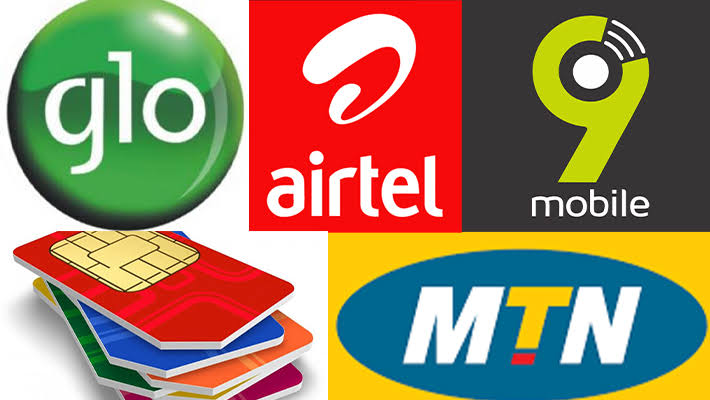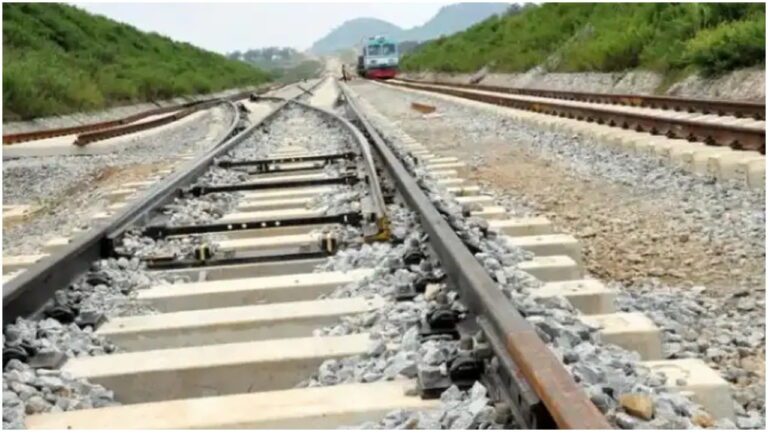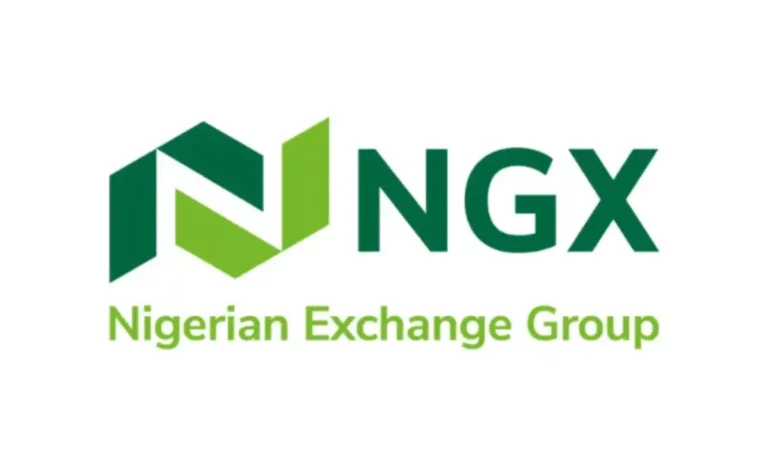
The President Bola Tinubu administration, through the Ministry of Power, has proposed spending a substantial N751.7 billion on new projects in the privatised power sector. These projects include procuring cables, transformers, and electricity poles.
This proposal, captured in the 2025 budget, aims to improve transmission and distribution infrastructure despite the limited success of previous loans to address challenges in the Nigerian Electricity Supply Industry (NESI).
The ministry plans to spend over N2 trillion in 2025, with N8 billion earmarked for creating awareness about vandalism. For context, the N8 billion allocated for awareness could renovate over 100 dilapidated schools, each receiving about N85 million.
By comparison, Katsina State renovated 100 secondary schools last year for N8.4 billion, while Kano State announced a N6 billion plan to renovate all primary schools in the state in January 2024.
The proposed budget includes N585 billion for the Power Sector Recovery Operation (PSRO-AF) programme as partial multilateral/bilateral loan funding. An additional N25 billion is allocated to complete priority projects of the Transmission Company of Nigeria (TCN) to enhance electricity transmission.
In the distribution segment, the ministry plans to spend N36 billion on transformer installations, cables, and electricity pole replacements across Nigeria’s six geopolitical zones.
Another N30 billion is set aside for solar home systems and rural street lighting under the “Renewed Hope Light Up Rural Areas” initiative, while N24 billion is allocated for mini-grid interventions at federal and state polytechnics.
Maintaining existing mini-hydro projects, mini-grids, and solar home systems will cost N8 billion. Similarly, advocacy and orientation on vandalism of power assets and projects will also require N8 billion. For highway safety and visibility, N24.7 billion is allocated for solar-powered street lights on major highways across the six geopolitical zones.
Meanwhile, N11 billion has been set aside for constructing a 100MVA 132/33KV substation in Ila-Orangun, Osun State. The government also plans to pay N504.4 million in legacy debts owed to contractors.
Despite consistent investment in the electricity sector, including funds borrowed from the World Bank, African Development Bank, and other multilateral donors, the anticipated results remain elusive.
Last July, Saleh Mamman, a former Minister of Power, collapsed in a Federal High Court in Abuja while being arraigned on allegations of mismanaging more than N33 billion during his tenure.
As of yesterday, the 23 power plants on the national grid were generating about 4,000 megawatts of electricity, far below Nigeria’s projected demand of 45,662MW.
In other sector developments, Nigeria exported over N64.7 billion ($42 million) worth of electricity to neighbouring Benin Republic, Togo, and Niger in the first nine months of 2024.
This comes as these bilateral customers struggle with outstanding invoices, according to the latest quarterly reports from the Nigerian Electricity Regulatory Commission (NERC).
The reports revealed that international customers made cumulative payments of $39.44 million during the period but failed to remit approximately $2.56 million, reflecting ongoing remittance challenges for domestic and international electricity customers.
In the first quarter of 2024, none of the international bilateral customers settled the $14.19 million invoices issued by the market operator. However, two customers later paid $5.96 million towards outstanding debts from previous quarters.
The international customers are directly supplied by generation companies, with Mainstream Energy providing power to Société Nigérienne d’Électricité (NIGELEC), while Paras Energy and Transcorp supply power to Société Béninoise d’Énergie Electrique (SBEE), Nigeria Delta Power Holding Company (NDPHC), and Togo.
By the second quarter of 2024, payment performance slightly improved, with international customers remitting $9.81 million out of $15.60 million in invoices, resulting in a 62.88 per cent remittance rate.
Some payments were also made towards outstanding debts, bringing the total payments by international customers during the period to $16.65 million. However, payment compliance declined again in the third quarter, with six international customers paying only $6.49 million out of $12.19 million invoiced, representing a 53.24 per cent remittance rate. Additional payments of $1.33 million were also made towards overdue debts.
In its quarterly reports, NERC highlighted the persistent payment indiscipline among both domestic and international bilateral customers. For example, domestic customers made payments of N1.30 billion in the second quarter of 2024, covering 65.07 per cent of invoices issued, and N1.57 billion in the third quarter, covering 74.57 per cent, though a significant portion of outstanding invoices remained unpaid.
The special customer category, which includes Ajaokuta Steel Company Limited and its host community, has consistently failed to pay any of its invoices for 2024. As of the third quarter, the company owed N1.26 billion to the Nigerian Bulk Electricity Trading Plc (NBET) and N0.11 billion to the market operator.
In its reports, NERC called on the market operator to enforce market rules to address the growing debt profile. The commission also urged the Federal Government to intervene in cases such as Ajaokuta Steel, warning that continued non-payment could result in disconnection from the grid.(Guardian)


